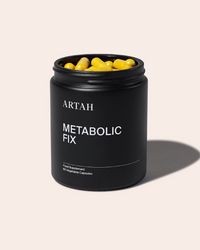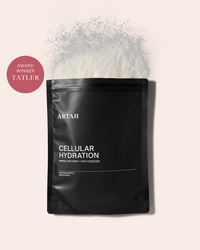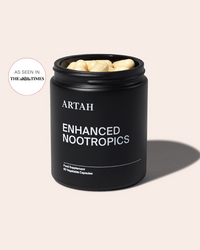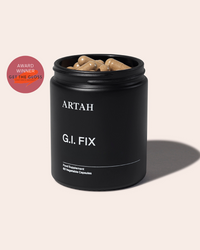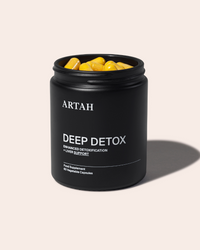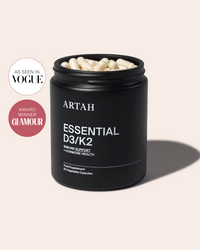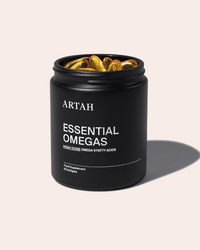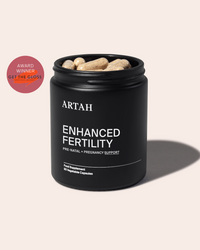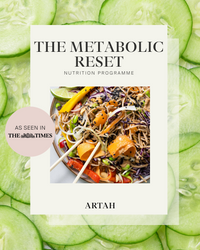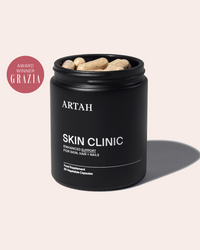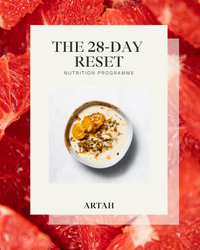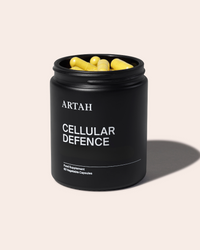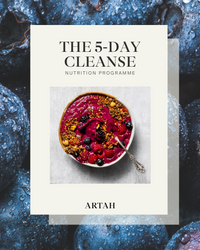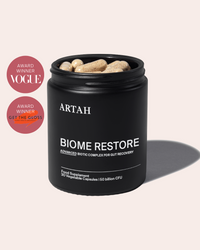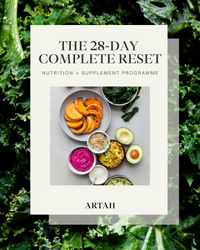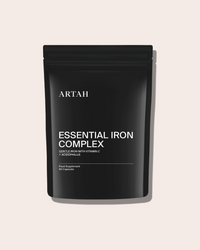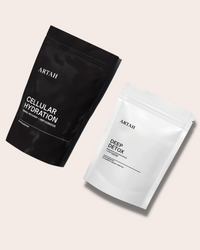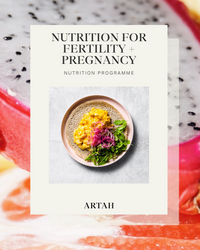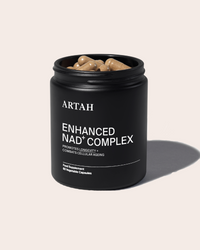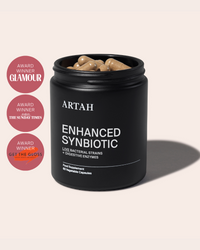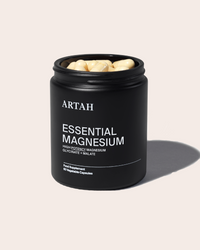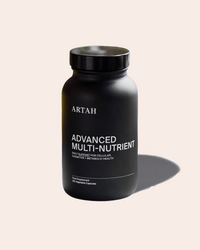This Is The One Supplement You Need To Take This Month
Official guidelines recommend that everyone in the UK should supplement with Vitamin D throughout the autumn and winter months, but surveys show that less than 50% of the population is aware of this recommendation. When it comes to supplements, there are nice-to-haves, and there are necessities; Vitamin D is definitely a necessity. Here are 8 reasons why it’s so important for your health.
1. It’s a must-have for the immune system
Optimal levels are essential for a robust immune system and are associated with better outcomes in everything from Covid-19 and cancers to autoimmune and metabolic conditions.
2. And hormone health too
If you’re trying to conceive (TTC), optimal Vitamin D levels will be important. But even if you aren’t looking to get pregnant, deficiency can reduce oestrogen in women and testosterone in men.
3. It combats fatigue
One of the tell-tale signs of Vitamin D deficiency is extreme fatigue because of its importance in regulating sleep and inflammatory cascades.
4. It combats muscle pain and weakness
Because of its role in musculoskeletal health, tell-tale signs of insufficient Vitamin D in adults are muscle pain, weakness, and spasms. On the flip side, optimal levels of Vitamin D are associated with increased muscle strength, recovery, and athletic performance.
5. It helps prevent hair loss
Deficiency can interrupt the growth cycle of our hair follicles, causing delayed growth or more hair fall.
6. It’s essential for mood
Depression, anxiety, SAD (Seasonal Affective Disorder), and mood disorders can all be symptoms of Vitamin D deficiency because of its role in the regulation of neurotransmitters like dopamine, serotonin and adrenaline.
7. It can help prevent certain cancers
Cellular growth and gene expression are some of the main regulatory functions of Vitamin D. Simply put, it helps govern how our genes are expressed and helps tell our cells when to stop growing. The cancers with the most data related to Vitamin D are colorectal, breast, prostate, and pancreatic cancers.
8. It’s essential for bone health
Vitamin D first rose to fame because of the discovery that it helps regulate calcium absorption and bone mineralization; two factors which are essential for maintaining bone density, which is important in the prevention of osteoporosis and osteomalacia.
What about food?
We always advocate an integrated approach to nutrient balance, but most foods are poor sources of Vitamin D, and with sunlight the primary way to trigger its production, we are particularly vulnerable in the dark winter months. Food sources of Vitamin D include salmon, swordfish, tuna, full fat dairy that’s fortified with Vitamin D, sardines, beef liver, cod liver oil and egg yolks. Whilst these will contribute to your overall level, food alone will not be enough to provide optimal amounts of Vitamin D. We recommend taking Vitamin D daily, especially during the winter months. Our Essential D3/K2 combines Vitamin D3 with Vitamin K2 to enhance absorption, and ensures calcium is transported to the bones where it needs to be, rather than to staying in the arteries. For extra support, we’ve paired it with Cellular Defence in our Immune Essentials set for just £52.
This article is for educational purposes only and the implementation of the theories and practices discussed is at the sole discretion of the individual. All information given is not a substitute for medical advice, diagnosis, or treatment. If you have any concerns about your health, you should speak with your physician.







